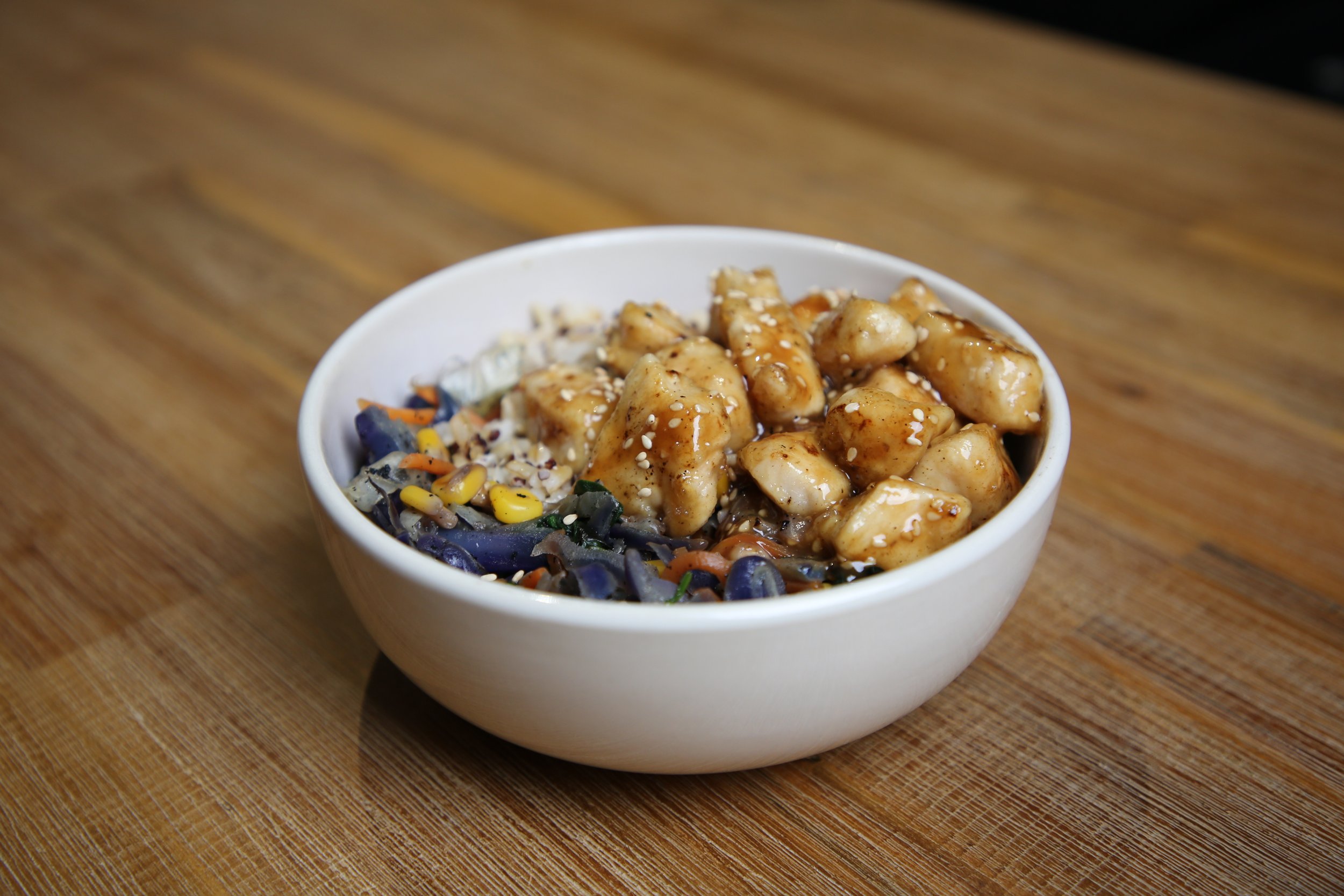Emotional Eating
What is emotional eating?
While all eating is somewhat emotional, emotional eating refers to using food to cope with or soothe emotional states. While it's natural for people to have food cravings linked to specific moods, frequent and excessive emotional eating can harm physical, mental, and social well-being. It can lead to unhealthy eating patterns, an increased risk of cardiovascular and metabolic conditions, a negative relationship with food and body image, the onset of disordered eating behaviours, and a decline in overall quality of life.
The primary recommendation for addressing emotional eating is to seek mental health support. Approximately 75% of emotional eating is psychologically caused. However, the consequences of emotional eating can extend beyond mental health, affecting physical well-being.
How do dietetic services help emotional eating?
Dietitians can collaborate with mental health practitioners to provide comprehensive support for overall health and well-being. They help individuals reconnect with their innate eating instincts, foster a healthier relationship with food and their bodies, and manage or prevent health conditions. Dietitians assist in developing intuitive and mindful eating practices, enabling individuals to recognize their actual bodily needs when emotions arise, rather than allowing emotions to dictate their food choices. They also support the establishment of healthy habits and behaviours in life and take proactive steps to address and prevent health conditions.
Why work with a dietitian?
Dietitians are medically trained nutrition professionals and the only professionals qualified to provide individual dietary consultation at the moment (Click here to read about dietitians and nutritionists). Dietitians are trained to provide medical nutrition therapy and one-to-one personalised dietary advice. We consider one’s lifestyle, dietary habits, preferences and goals to tailor our nutrition strategies.
The topics you can discuss with your dietitian:
Principles and way to achieve a healthy diet
Identify triggers to emotional eating
Develop strategies to manage unhealthy behaviours and eating patterns
Satisfying and distracting activities
Recognise and practise reacting to hunger and fullness cues
Intuitive eating or mindful eating
Manage emotional eating urges
Behavioural and environment modification to minimise emotional eating
Alternative foods to emotionally eat
Any other health problems or potential health risks and take proactive steps
What does working with Timeless Dietetic dietitian look like?
-
You will be invited to fill in a survey before the consults, including your health history, family history, current situation, goals
-
Discuss and understand your goals, living situation, lifestyle, potential motivators and barriers.
Perform assessment on health indicators, training schedules and goals, usual dietary intake.
Provide professional feedback on your diet, and identify areas that can be improved to help achieve your goal.
Discuss the most relevant nutrition topic that can help with the current situation and those you are interested in.
In collaboration with you, set small but impactful nutrition goals, homework and challenges.
Recommend what else you can do in the future and a recommended review timeframe if you would like to continue.
Provide you with a tailored nutrition information package to takeaway.
-
Review the effectiveness and practicality of previous goals/homework/challenges.
Review and track any progress indicators.
Reassess any changes in health indicators, training and dietary intake.
Discuss the most relevant nutrition topics and those you are interested in.
In collaboration with you, adjust the previous intervention that did not work well or develop a new strategy.
In collaboration with you, develop new strategies to improve your health and progress.
Provide you with a tailored nutrition information package to takeaway.

































